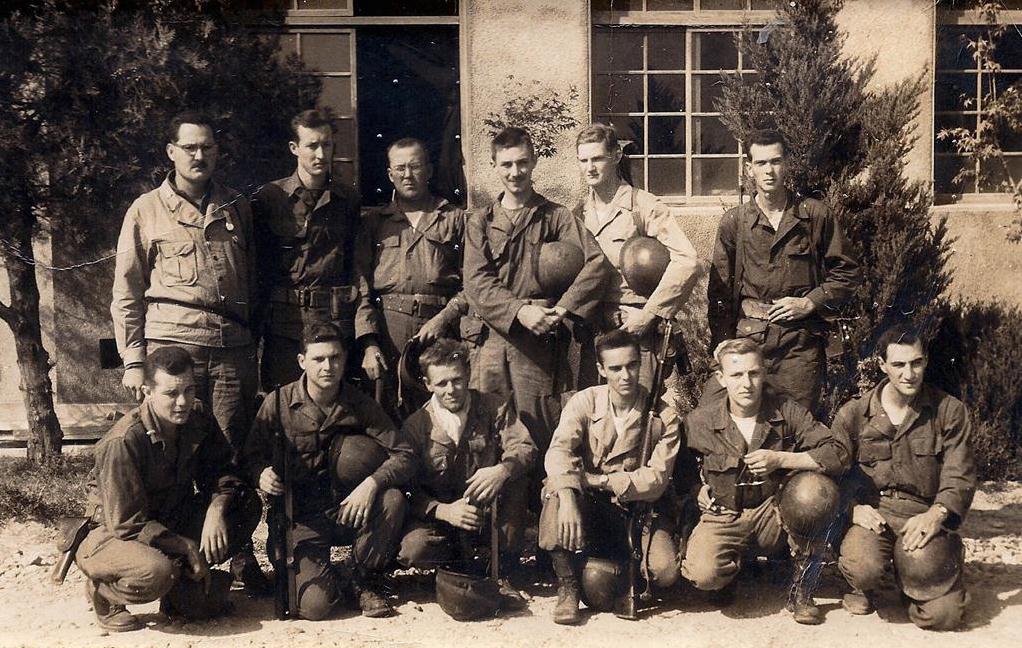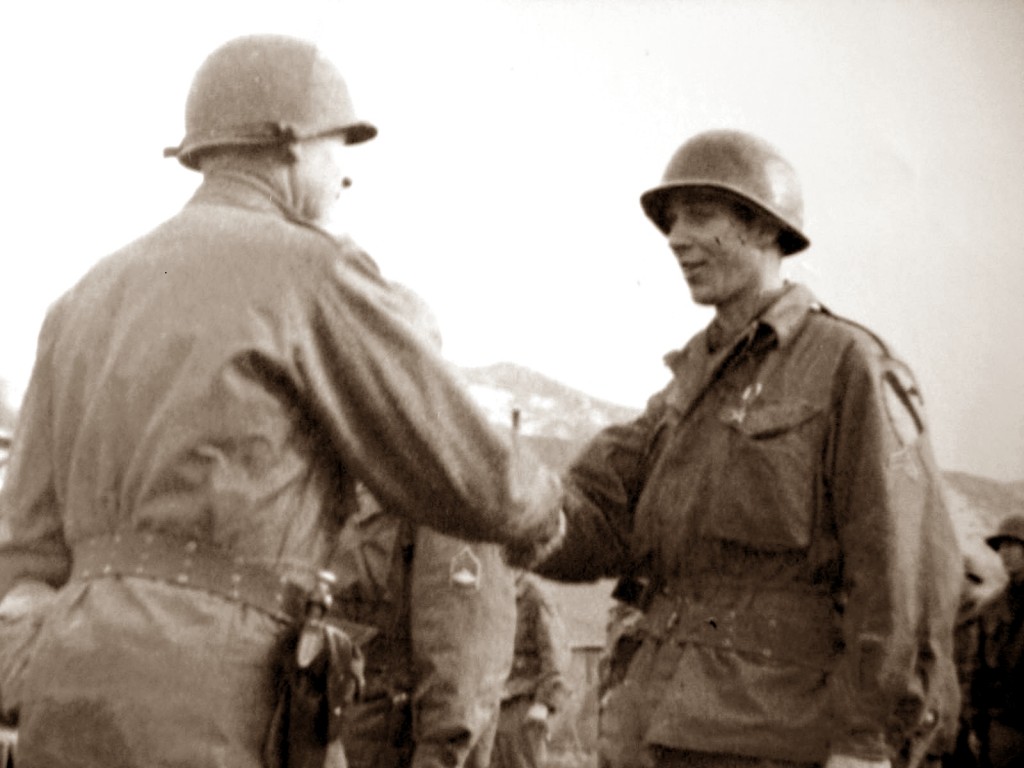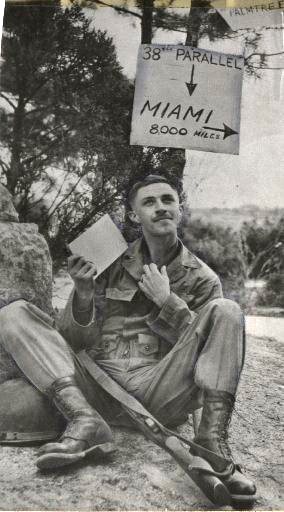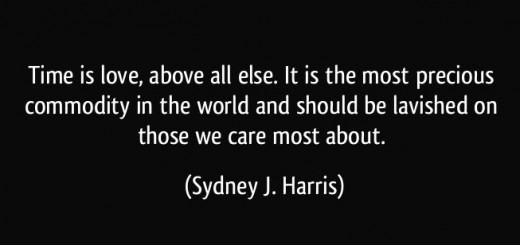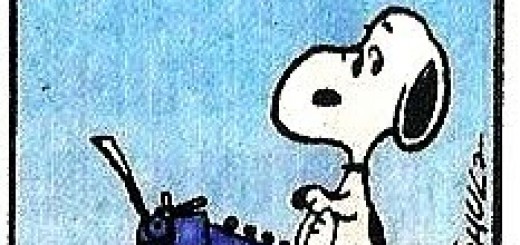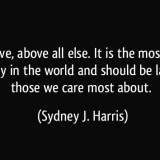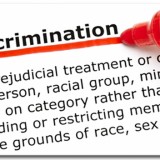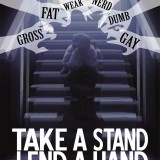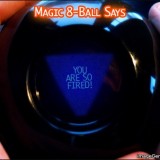The enduring power of the written word
Just a day or so after my father died, I wandered into his office and sat in his worn leather chair in front of his computer. I opened up his email account and began to scroll through the numerous emails that had come in while dad had been sick. Among the news updates from the New York Times, Washington Post and other news sites – the typical things a lifelong journalist like my dad would subscribe to – I discovered several unanswered emails from men my father had served with during the Korean War.
A 60-year communication
It was 60 years ago when these men donned an Army uniform and headed out to fight in Korea. They were war correspondents and they were in their early 20s. Some, like my father, were still single. They came from different states and, other than serving together in Korea, had little in common. When their service ended, they each went their separate ways.
But six decades later, here they were still writing to each other.
One of these men, Bob, was a retired college professor, acclaimed poet, decorated war veteran and champion rose grower who lived in W. Virginia. He was a brilliant man who spoke fluent Japanese and used to amuse himself by translating the Bible from Japanese into English to see what messages were lost in translation. Another friend, Archie, is a retired naval officer, who apparently had enough of the Army after serving in Korea and decided to transfer into the Navy, serving all over the world until his retirement. He was now living in Texas, caring for his ill wife.
My dad had been a life-long journalist and writer, radio talk show host and political commentator who had traveled the world, managed major metropolitan newspapers and continued to write even after he retired to a small mountain town in Idaho. In his later life, he loved the simple things – walking his dogs along the river, being with family, and continuing to hammer out stories and editorials for his local newspaper.
The beginning of a beautiful friendship
I remember thinking that I needed to write these men a letter and tell them my father had passed away. In one letter, Bob was urgent in his request for dad to respond, noting how long it had been since he had heard from him.
And so I answered on my dad’s behalf. I explained to each of them why they hadn’t heard from my father in a while. I assumed that would be that. Never did I expect to hear back from them. But, within a couple weeks, each of them wrote me back with their condolences and memories of my father 60 years earlier.
Learning the untold stories of my father
Over the next several months, these wonderful men wrote me long letters sharing their memories of my father during their time together in Korea. Funny stories, like when dad tied a wild pig to his commanding officer’s cot, and how much trouble he was in after the pig pooped on the officer’s floor. And the poignant story about the day my father gave a young Korean woman and her baby his new field jacket to keep them warm and dry in the bitterly cold and wet Korean weather. For that gesture, his commander threatened him with a court martial for aiding the enemy, which fortunately did not happen. It amused me that, no matter what his intention, dad seemed to often end up in trouble. In spite of this, he was still awarded the Bronze Star for courage.
Bob sent me long hand-written letters, via the U.S. Postal Service. His 84-year-old penmanship was shaky and nearly unreadable, but that just made it more endearing. I found myself looking forward to going to the mailbox, like years ago when mail was a primary form of long-distance communication. Archie continued sending emails and usually created a subject line such as “From your old trooper friend,” or “Present and reporting for duty.”
Sharing memories
I wrote letters back and shared some of the Korean memories my father had told me. For example, how it was so bitterly cold in Korea that soldiers were taught to urinate on their rifle triggers to keep them from freezing. I also sent photos that my father shot of these two men when they were all overseas, which I found in a box of old letters dad had written to his parents during the war — another treasure trove of recorded memories and a peek into who my father was.
To my knowledge, Bob and Archie were the only people left in the world who knew my dad before he was my dad. His parents and brother were both gone, and I knew of no other person alive who was acquainted with him as a young man, before he got married, had kids and became the man I knew.
Losing the keepers of the memories
Unfortunately, five months into this new pen-pal relationship, Bob from W. Virginia died. And, just as I had done five months earlier on behalf of my father, Bob’s wife Joanne
sent me a personal letter notifying me of her husband’s passing and included his obituary. I had never met or talked with Joanne, but somehow she felt it was important to write me and pass along the sad news.
I fear that when Archie passes, many of the exclusive memories of my father’s early life will pass away as well. This has even more urgently convinced me of the importance of the written word. Writing these memories down will keep them alive well beyond the earth-life of Bob, Archie and dad. And, even me.
The miracle of the written word
The television show, Who Do You Think You Are, provides famous people the opportunity to research and discover their long-lost roots and heritage. Through letters, official records, newspaper articles, and other written documents, people are able to discover amazing things about their ancestry.
The written word is really a miracle. Except for some style and grammatical changes over the generations, it remains constant and allows us to carry knowledge, thoughts and history through time. Speech is limited, and memories of the mind only last so long. But through the written word, we can preserve information and ideas, and share them for all time.
In a way, this post is really about why I believe writing is such an important undertaking. I’m not talking about writing a best selling book and becoming a famous author. I’m talking about simply continuing to write, recording thoughts and memories, journaling about life experiences, and writing letters. Well beyond Facebook messages, cell phone texts and twitter tweets, these words will last forever.
This year marks the 60th anniversary of the Korean War, during which 6.8 million American men and women served, more than 103,000 Americans were wounded and 33,700 were killed. To learn more visit http://koreanwar.defense.gov/

